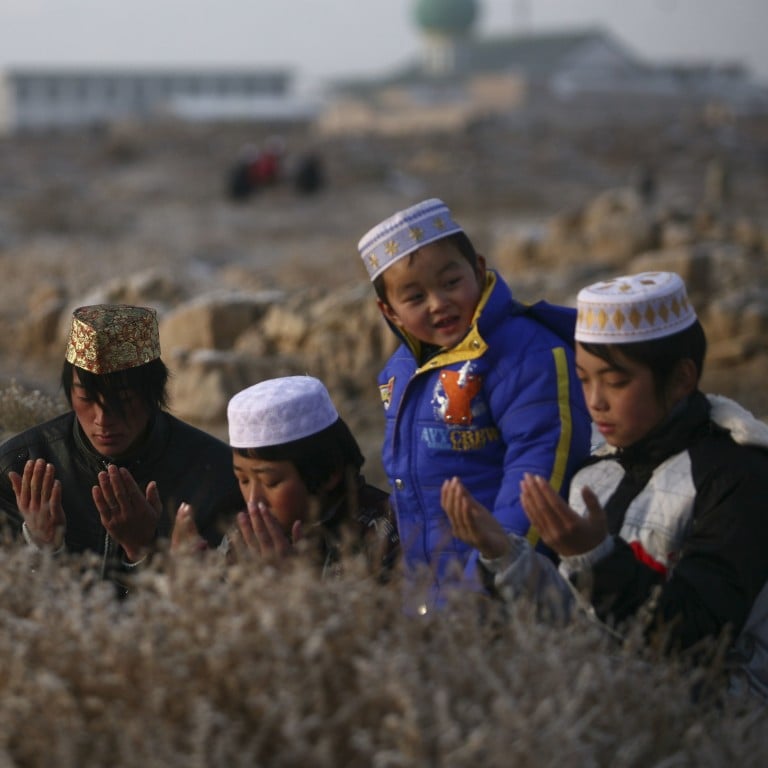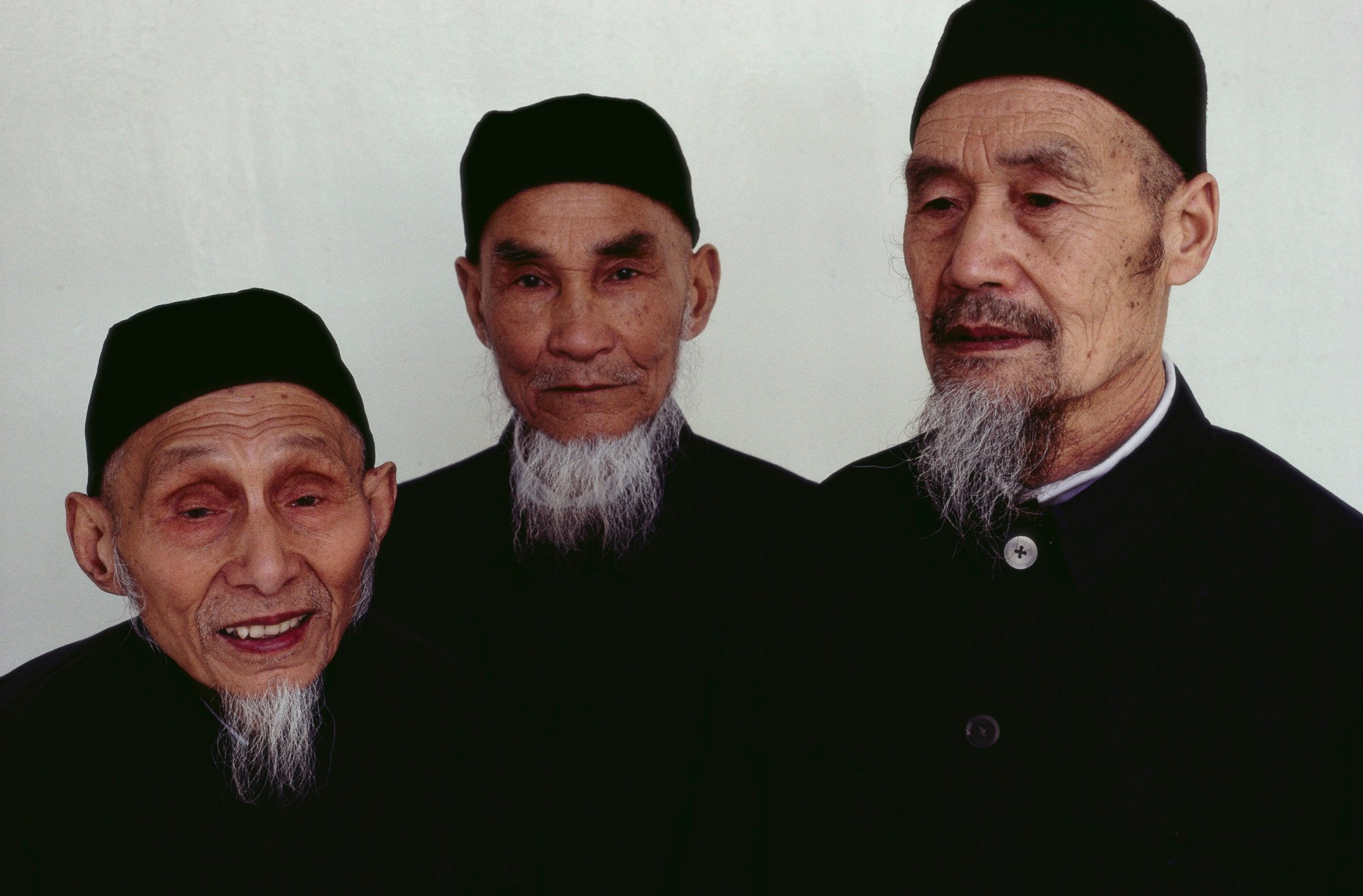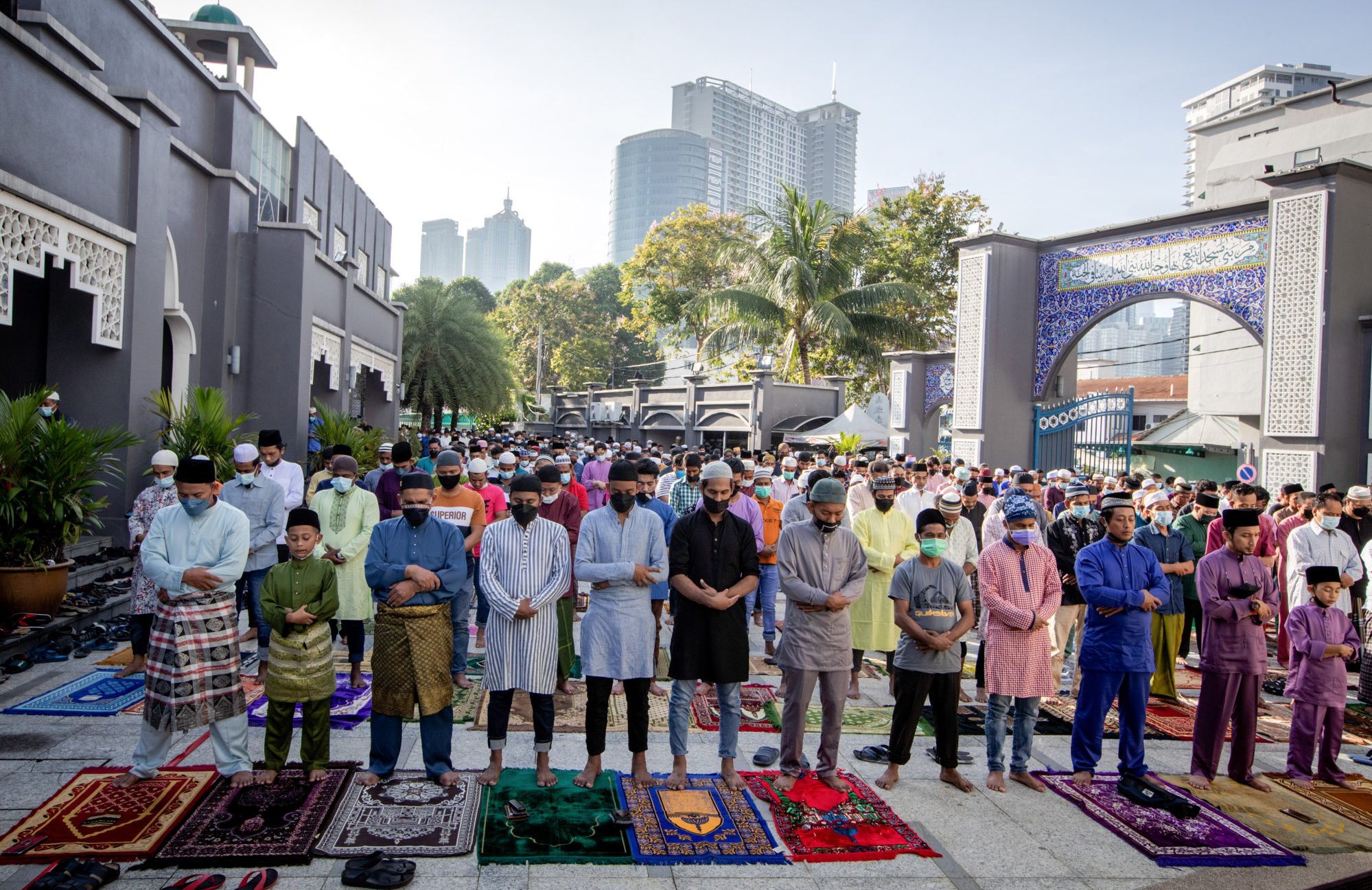
Who are the Hui people, who lent their name to the old Chinese word for Islam and Muslims?
- Most Chinese speakers in Singapore and Malaysia still refer to Muslims by the old phrase ‘Hui jiao tu’, or ‘followers of the religion of the Hui people’
- The Hui are the fourth largest ethnic group in China and have their own province-level autonomous region
This weekend, Muslims across the world celebrate Eid ul-Fitr, or Eid, which marks the end of the fasting period in the holy month of Ramadan, the observance of which is one of the five pillars of Islam.
In Singapore and Malaysia, Eid is most commonly referred to as Hari Raya Puasa (“the day of celebration [after] fasting”) or Hari Raya Aidilfitri, where “Aidilfitri” is the Malay pronunciation of the Arabic word “Eid ul-Fitr”.
The festival, which can go on for an entire month, is the most important and joy-filled holiday of the year for Muslims in both countries.
Unlike most Chinese-speakers in the rest of the world, who now refer to Islam phonetically as Yisilan jiao in Mandarin, those in Malaysia and Singapore still use the old Chinese word Hui jiao, literally “the religion of the Hui people”.

It is the same with the Chinese word for Muslims. Instead of Musilin, most Chinese-Malaysians and Chinese-Singaporeans still say Hui jiao tu, or “followers (or adherents) of the religion of the Hui people”.
So, who are the Hui people?
In China’s 2020 census, the Hui numbered around 11.4 million, making them the fourth largest ethnic group in China, after the Han Chinese (1.29 billion), the Zhuang (19.6 million) and the Uygur (11.8 million).
The debatable origin story of China’s ethnic majority Han Chinese people
The name “Hui” was derived from “Huihui”, which, in turn, originated from the Chinese pronunciation of Uygur, a Turkic-speaking people active in Central Asia and parts of China’s western frontier.
The word “Huihui” first appeared in a journal written by an official of the Northern Song dynasty in the late 11th century.
It was around the time of the Yuan dynasty (1271-1368) that Huihui and Islam became inextricably linked. The Mongol rulers encouraged the immigration of Central Asians into China, and appointed many of them to govern Han Chinese subjects.

During this time, almost everyone from Central Asia and further west, most of whom were Muslims, were collectively called Huihui.
Down south, in the bustling port cities of Fujian and Guangdong, there were numerous Muslim communities of Arabs, Persians, Central Asians, South Asians, Southeast Asians and Africans. Many of them had been resident in China for generations.
They, too, came under the Huihui umbrella. Adherence to Islam was the main (though not the only) criterion for someone being called a Huihui, wherever they lived in China.
In the Ming and Qing dynasties (1368-1912), the Huihui who lived among the Han Chinese became known as the Hui. After multiple generations of intermarrying with the Han Chinese, they became Sinicised: they spoke Chinese, took on Han Chinese names, dressed and even looked like Han Chinese.
TikTok CEO’s questioning recalls Romance of the Three Kingdoms episode
Despite “integrating” with the majority ethnic group, they remained a distinct people distinguishable by their Islamic faith. Culturally, they were considered a separate group, different from the Muslims living in the frontiers, who, over time, were rightfully recognised as Uygurs, Kazakhs, Tajiks and so on.
Today, Hui people live all over China. They even have their own province-level autonomous region, the Ningxia Hui autonomous region, along with dozens of autonomous districts in other provinces, where they form most of the local population.
This weekend, Hui people, together with Muslims all over the world, will observe Eid with prayers and almsgiving, and then proceed to celebrate the joyous festival by decorating their homes, visiting family members, forgiving each other and seeking forgiveness, and feasting on all manner of delightful sweets specially made for the festival.

